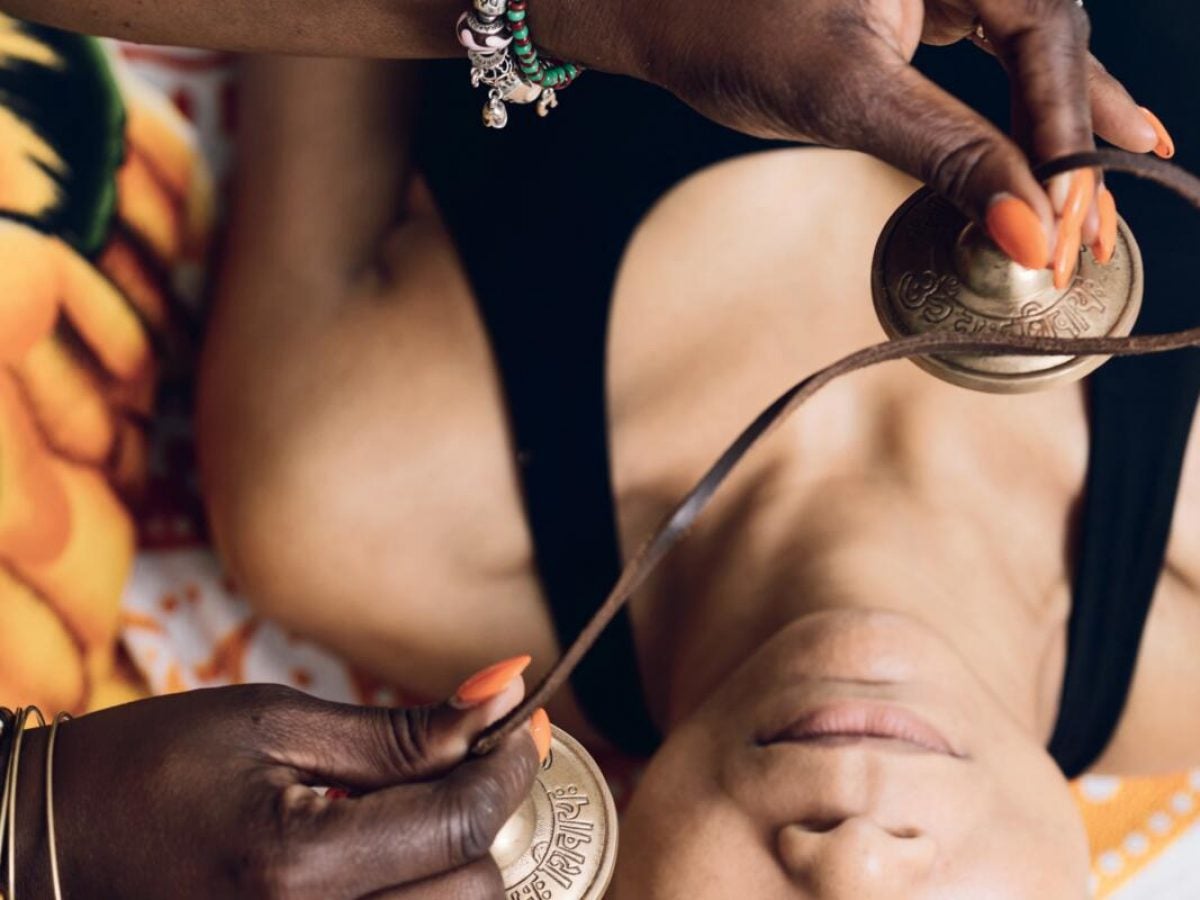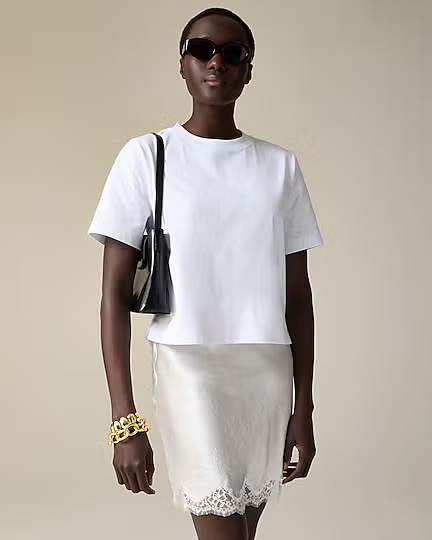
Have you ever thought you were whole and healed from a past trauma, only to experience an unexpected trigger that robs you of the sense of stability and confidence you depend on to live your best life? I have.
If only there were trigger warnings for Black women before we sit down to watch programming on our televisions. In Spring 2017, I was watching NBC’s This Is Us and enjoying the outstanding acting, plot and character development, and the wholehearted inclusion of “us.” But then the story lines got a little too up close and personal for me, provoking difficult emotions that made me want to tune out. Even with 17 years of therapy under my belt and loads of self-help books and journals on my shelves, I felt those triggers bring old wounds to the surface. It was another reminder that our healing is an ongoing process.
You may be a lot like me, a Black woman who at times is not fully aware of her most vulnerable feelings. Or you may know you’re in need of emotional restoration, but you’re unsure of how to get there. Even if you can’t pinpoint exactly where your bruised places lie, be mindful that Black people can experience ancestral suffering transmitted through our bloodlines. “When we take ownership of our healing, we’re doing it for those that we may never meet in this lifetime,” says the wellness coach known as Dr. Crystal Jones. “You are healing DNA that was passed on to you.”
We have a lot to unpack. “Black people have been traumatized for hundreds of years,” says author and researcher Joy DeGruy, Ph.D., who wrote the groundbreaking Post -Traumatic Slave Syndrome. “What you get from generations of people who have been systemically traumatized is the normalization of excessive stress levels. When a woman experiences a violent trauma near or at the point of conception, there are expressions on the genes in the child that resemble them being traumatized. If we don’t seek healing for ourselves, we doom future generations of Black people to the same suffering. We must be intentional in our quest for healing, to change our trajectory.”
The good news is that healing can become your legacy, if you do the work to find your own path to restoration. Consider this an invitation to explore three alternative healing modalities in familiar and accessible realms of energy, light and sound medicine.
Energy Medicine: Change the Flow
Reiki, which originated in Japan in the 1800s, is the transfer of energy from the practitioners’ palms to the patient. It literally means “universal” (rei) “life energy” (ki). The idea is that a Reiki practitioner becomes a physical vessel, helping to concentrate energy as it moves through the body and supports your healing.
Evolyn Brooks, a Reiki practitioner and the founder and CEO of In My Solitude L.A., reminds us that the practice of Reiki is native to the Black experience—known to us as “laying hands.” “Reiki is no different than the positive energy of Black women around you, placing God’s energy to flow into your life,” she explains. “Every time you don’t release an emotion, it has to stay somewhere—and it stays in your body. If you don’t release it, it lives inside you.” Practitioners believe that these unreleased emotional energies could later manifest in disease—though Brooks is careful to note that Reiki should never be used as a replacement for treatment for any diagnosed medical conditions.
Brooks also notes that singing bowls, which produce sounds and vibrations when hit or circled with a mallet, and tapping—known as Emotional Freedom Technique or EFT—are other holistic healing practices that can be used to relax the body and move and release negative energy. Tapping focuses on calming your parasympathetic nervous system, which is responsible for the body’s rest and digestion response when you’re relaxing or feeding. You can administer this healing modality by taking your index and middle fingers and gently tapping along the meridian lines of your body in sequence—the top of your head, above your eyebrows, your temples, under your eyes, nose and chin, just below your collarbones and under both arms—while acknowledging negative thoughts and replacing them with positive ones.
Light: Restore the Rhythm
Did you know that when our bodies get out of order, our obsession with electronic devices could be partly to blame? Our circadian rhythm—the body’s internal clock that regulates our sleeping and waking cycles—is influenced by light. This internal system controls our heart rate, blood pressure, immune system, metabolism, body temperature and hormones through a built-in feedback loop, and it is important for optimal wellness that we synchronize our daily biorhythms with the 24-hour rotation of the planet. This explains the need to limit nighttime exposure to the blue-enriched light from smartphones and computer screens, as this light spectrum tricks our brains into believing it’s still daytime, making restorative sleep elusive. Circadian eating, or intermittent fasting—eating during daylight and halting food intake after dark—also promotes healing, as circadian rhythms directly affect the function of immune cells in the gut. In short, aligning our sleeping and eating habits with the daily circadian cycle helps to ensure our physical and emotional well-being.
Sound: Get In Vibration With Your Soul
Our ears are a portal to the soul, allowing us to find sanctuary through acoustic medicine. Sound baths, mantras and crystal singing bowls are a few of the modalities that can heal our spirits. It’s why our beloved Erykah Badu has offered sound baths at her concerts, and singer Melanie Fiona is a big fan of crystal singing bowls and sound baths as a form of self-care.
Although acoustic medicine is trending today, it is not new. “It’s called ‘sound therapy’ now, but sound as healing is indigenous to Black people—we’ve been drumming for years,” says wellness coach Dr. Crystal Jones. “We’ve always used sound as medicine.” Ancient Greek physicians also used flutes, lyres and zithers with patients to aid in digestion, calm the nerves and induce sleep. More recently, the National Institutes of Health earmarked $20 million to fund a Sound Health Initiative, with the goal of exploring new health interventions based on the vibrations of sound.






A sound bath, one of the more popular forms of treatment, is an aural healing ceremony intended to clear discord from energy fields. It is administered while a person is still or preferably lying down. The person is then bathed in sound waves generated by different healing instruments—gongs, singing bowls, percussion, chimes, rattles, tuning forks and even the human voice. You might liken the process to burning sage to clear the negative energy in a room.
Mental-health advocate and multimedia producer DJ C. DeVone has used deep-sleep meditations and podcasts to relieve the ongoing stress of the pandemic and beat insomnia. “Healing can come from listening to voices, which is why music is so powerful,” she says. She recommends feeding your ears “audible nutrients” that can tap into your joy, and creating different playlists to shift your spirit. Many streaming platforms also offer a selection of “healing” playlists to soothe the soul.
This article originally appeared in the July/August 2021 issue of ESSENCE









